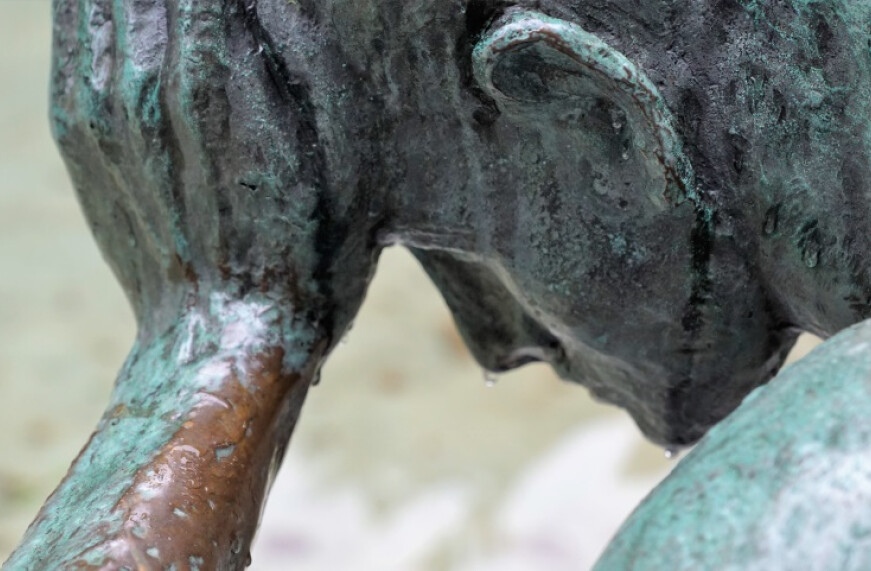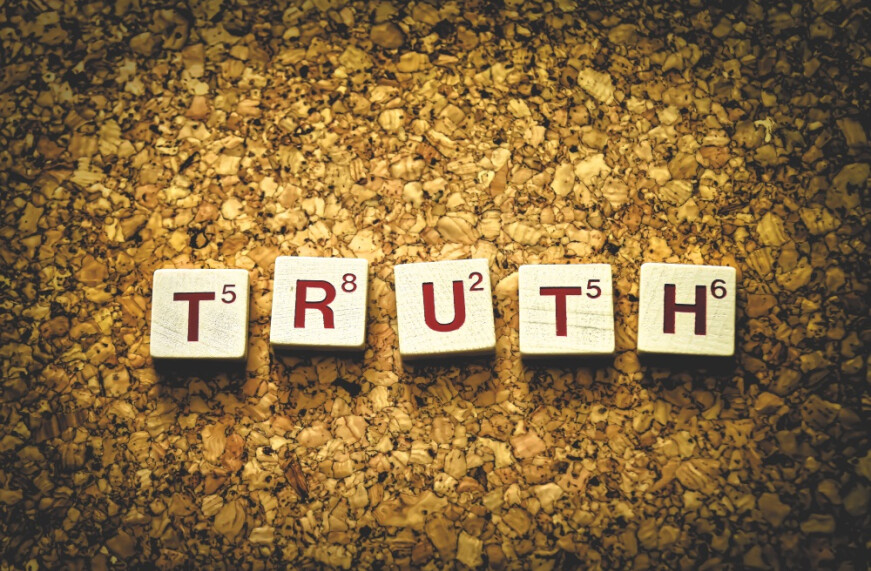Miracles of the Cross

Many of you know one of my favorite saints is Padre Pio. Just recently I finished a book about this fascinating man. He is a modern saint who died in 1968 and many miracles were attributed to him during his life. People would travel from across the globe to seek and beg for his intercession while hundreds of letters arrived each day with the same hope.
One particular day, after meeting with yet another person asking for his intercession, he turned to the friar standing next to him and said, “Son, you’ve seen everybody asking Padre Pio to help them with this and that. I wish somebody would say, ‘Padre Pio, pray that the Lord might help me to bear the cross.’”
Each one of us carry crosses we would rather not, and we often wish that these crosses would just go away. I know I do. I have prayed or wished many times for my crosses to be taken away and I am sure you have too. How many times have we wished that a particular coworker would simply leave the company? How many times have we prayed that an illness would just go away? How many times have we begged God to take away a particular weakness we have?
These are not bad things to pray or wish for, even Jesus prayed that God might take his cross away if it be His Will (Luke 22:42). However, Jesus also prayed that if this cross should not be taken, he would have the grace to carry it well, and carry well he did.
Padre Pio reminds you and I that sometimes there are crosses we are invited to carry and never get rid of. We can get so caught up in the miracles, the times when the cross is taken away, that perhaps we miss the subtle, more impressive miracles. The miracle of someone who has gone through the worst and whose heart is still able to love, the miracle of seeing a Simon come forth to help carry our cross, the miracle to love those who push our buttons and even hurt us. Maybe these are the miracles to pray for, to pray to God for the miracle to bear our cross well. We may be surprised at just how many miracles we see.


